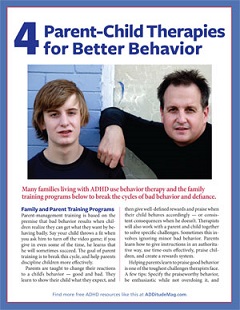Stanford Researchers Mapping the Genetic Markers of Autism and Related Conditions
In an effort to improve the diagnostic process for autism and other developmental delays, the Wall Lab at Stanford University is launching a survey to parents to augment its high-level genetic research.
ADHD News Feed
|
posted by
Devon Frye
Next Blog » ADHD May Be Linked to Obesity in Girls
Previous Blog « Link Between Lead Exposure and ADHD Confirmed




